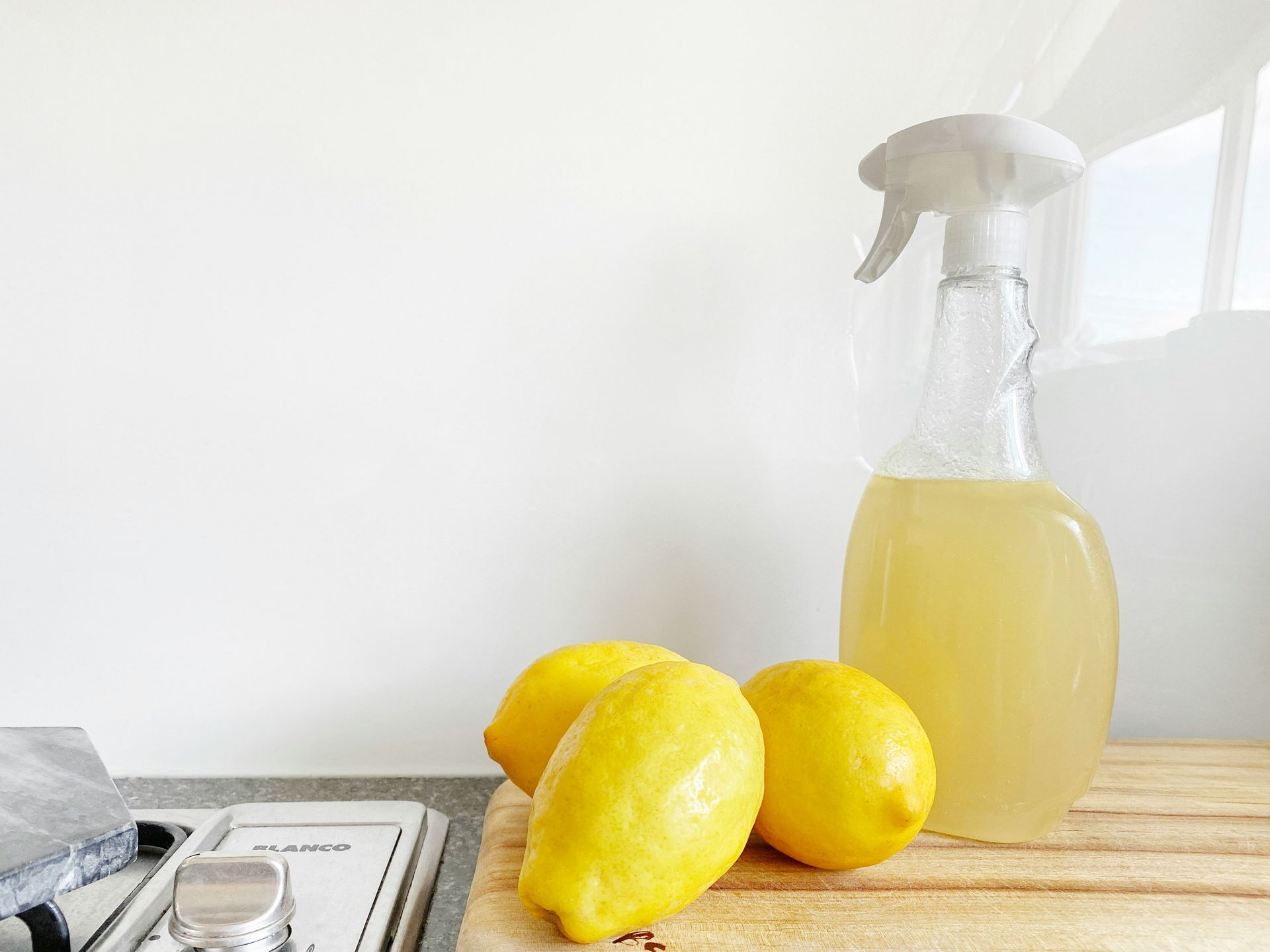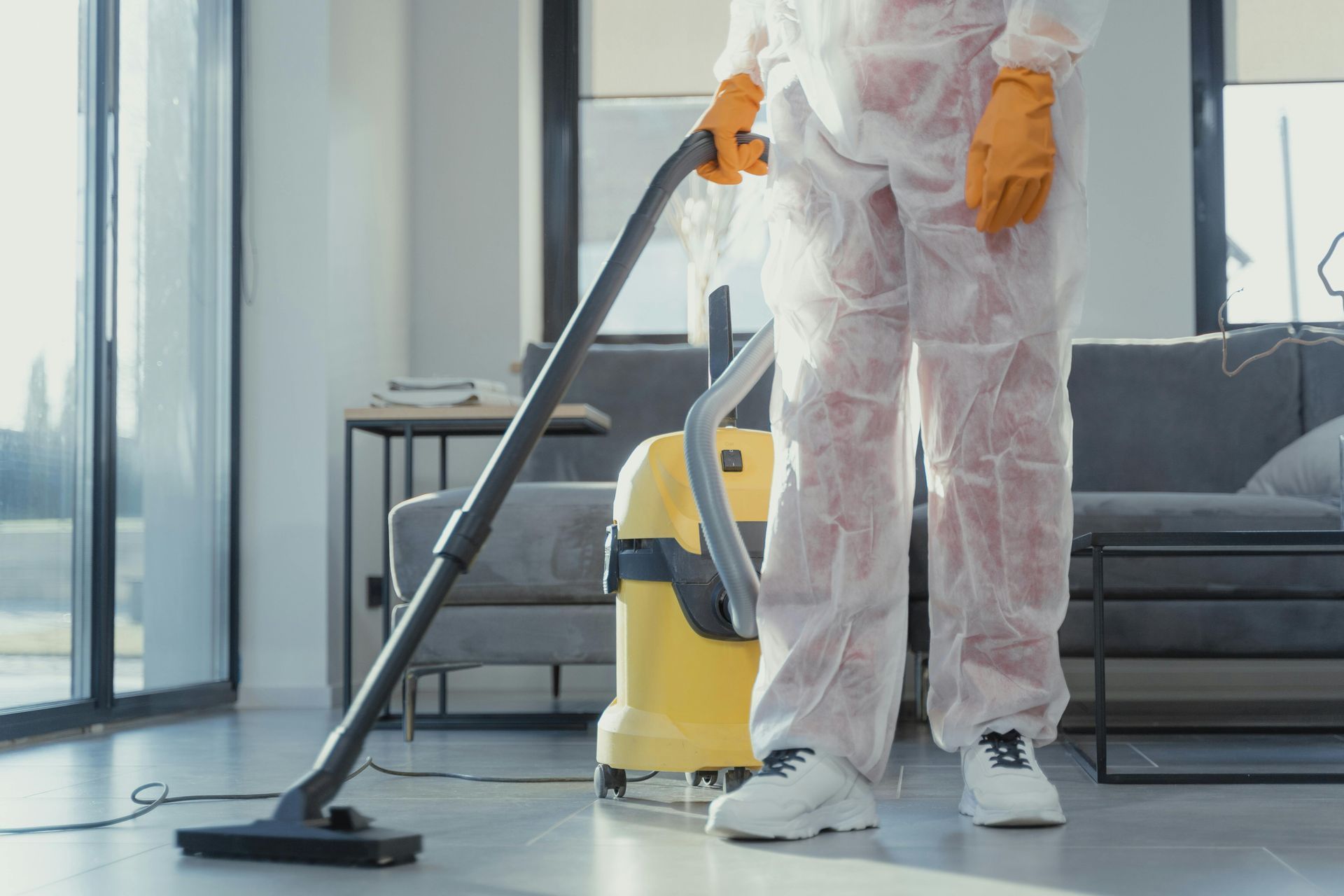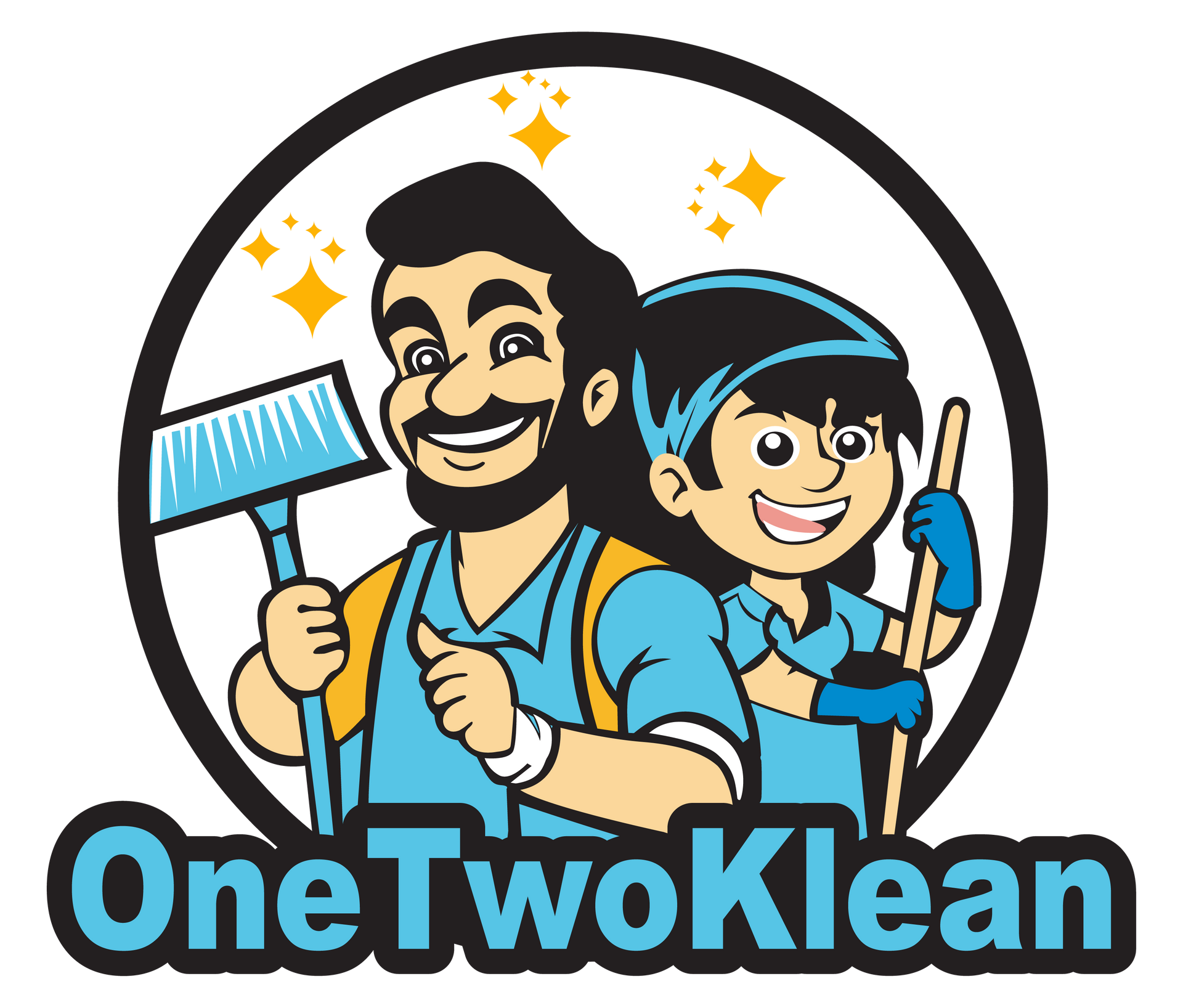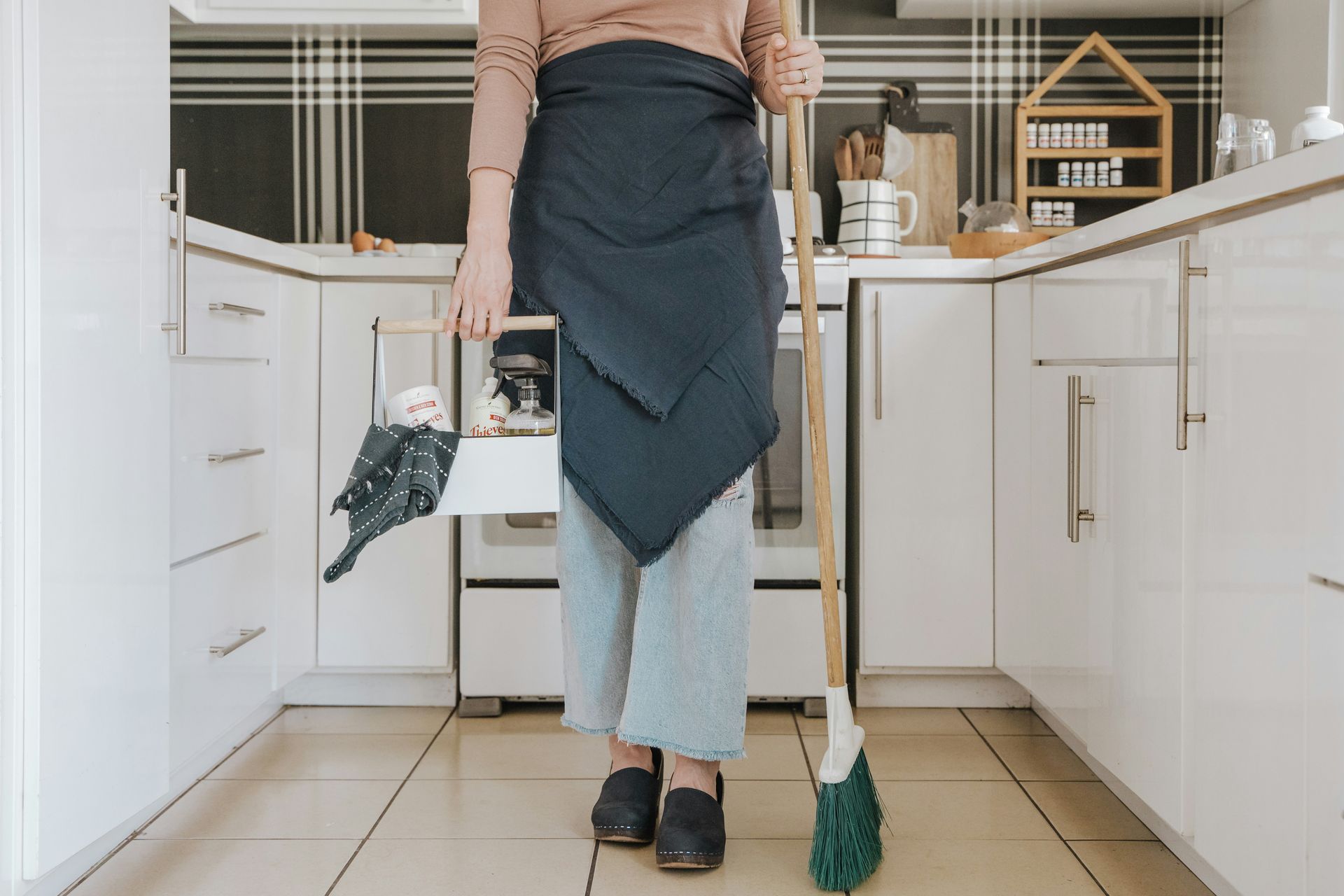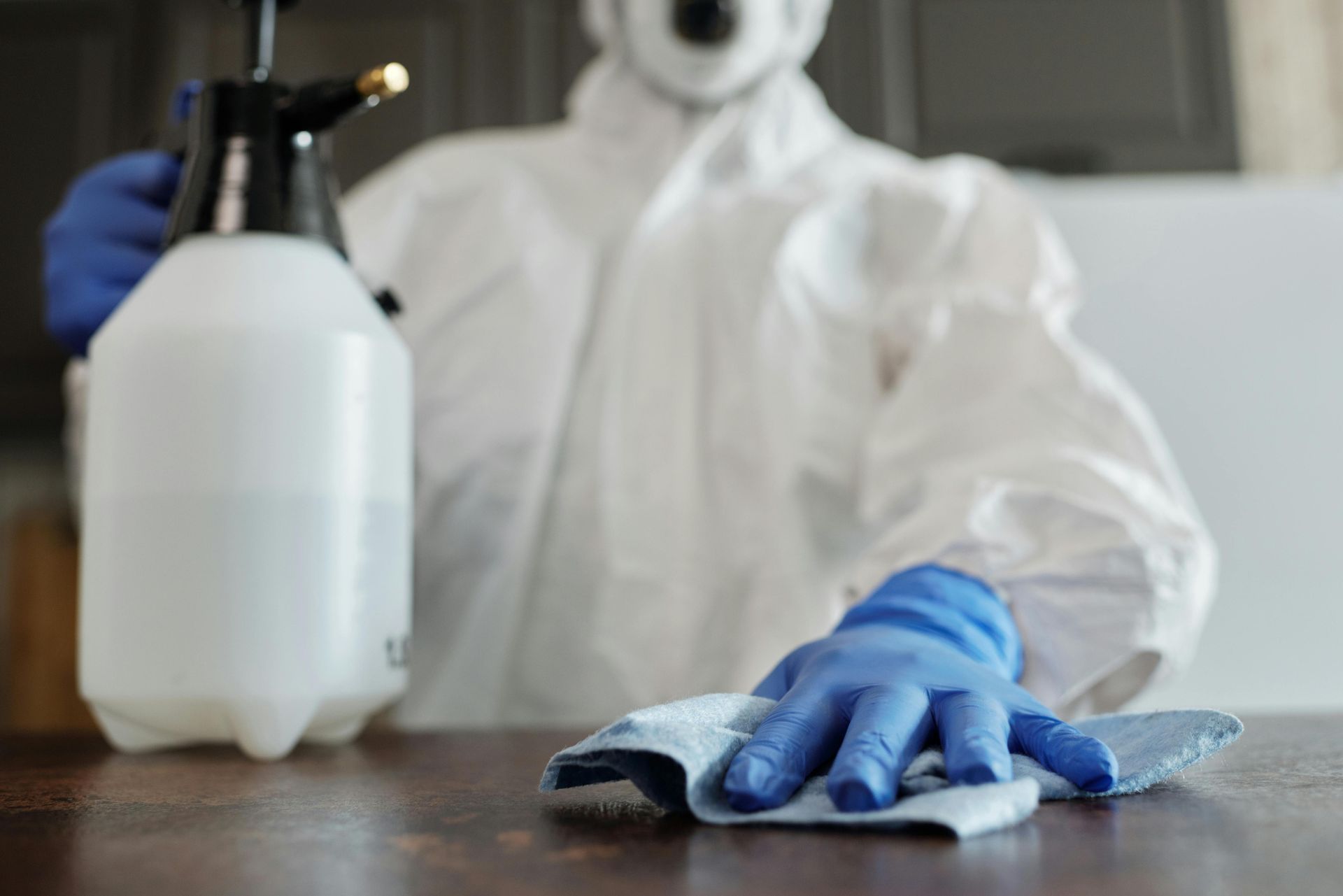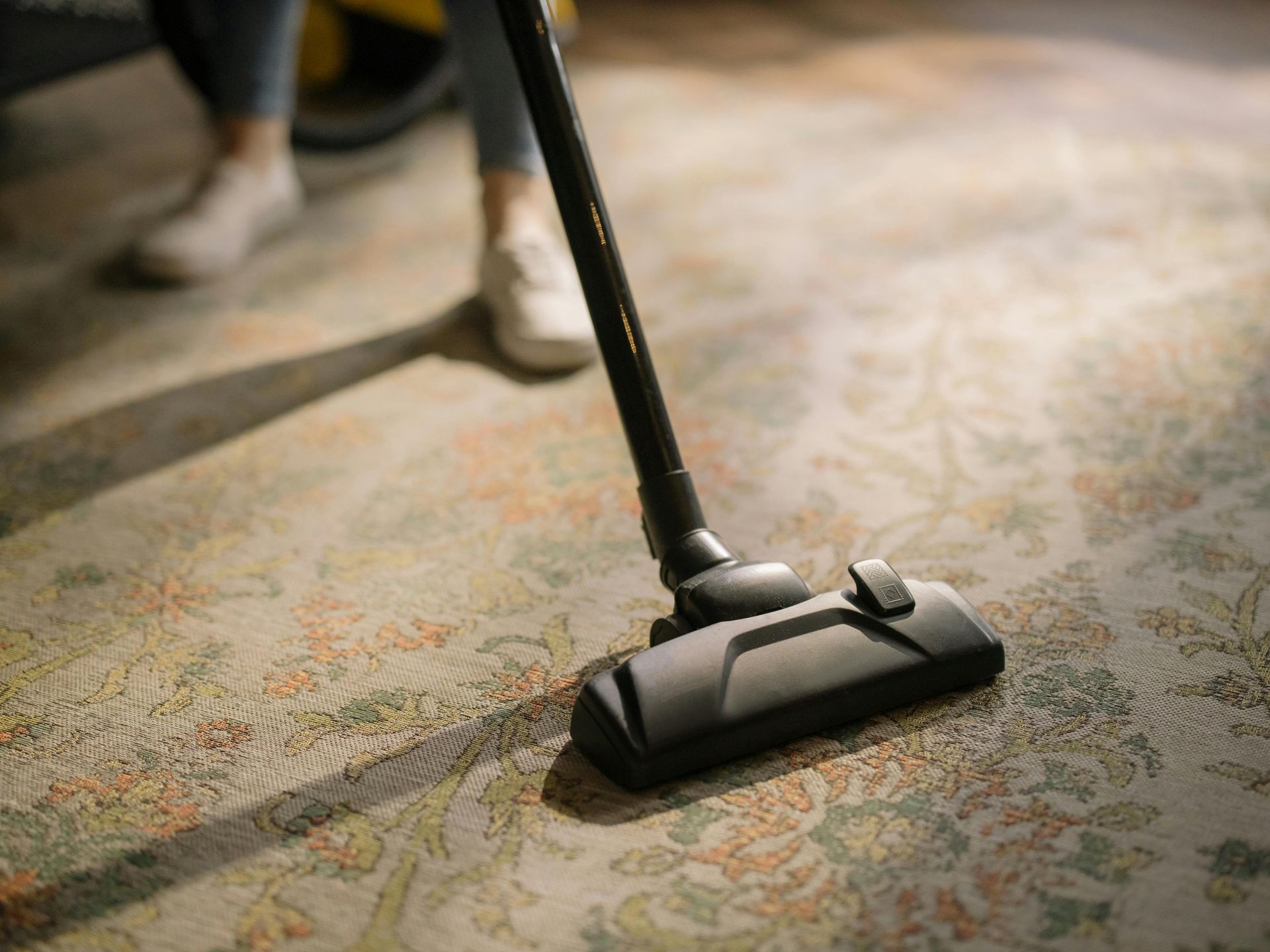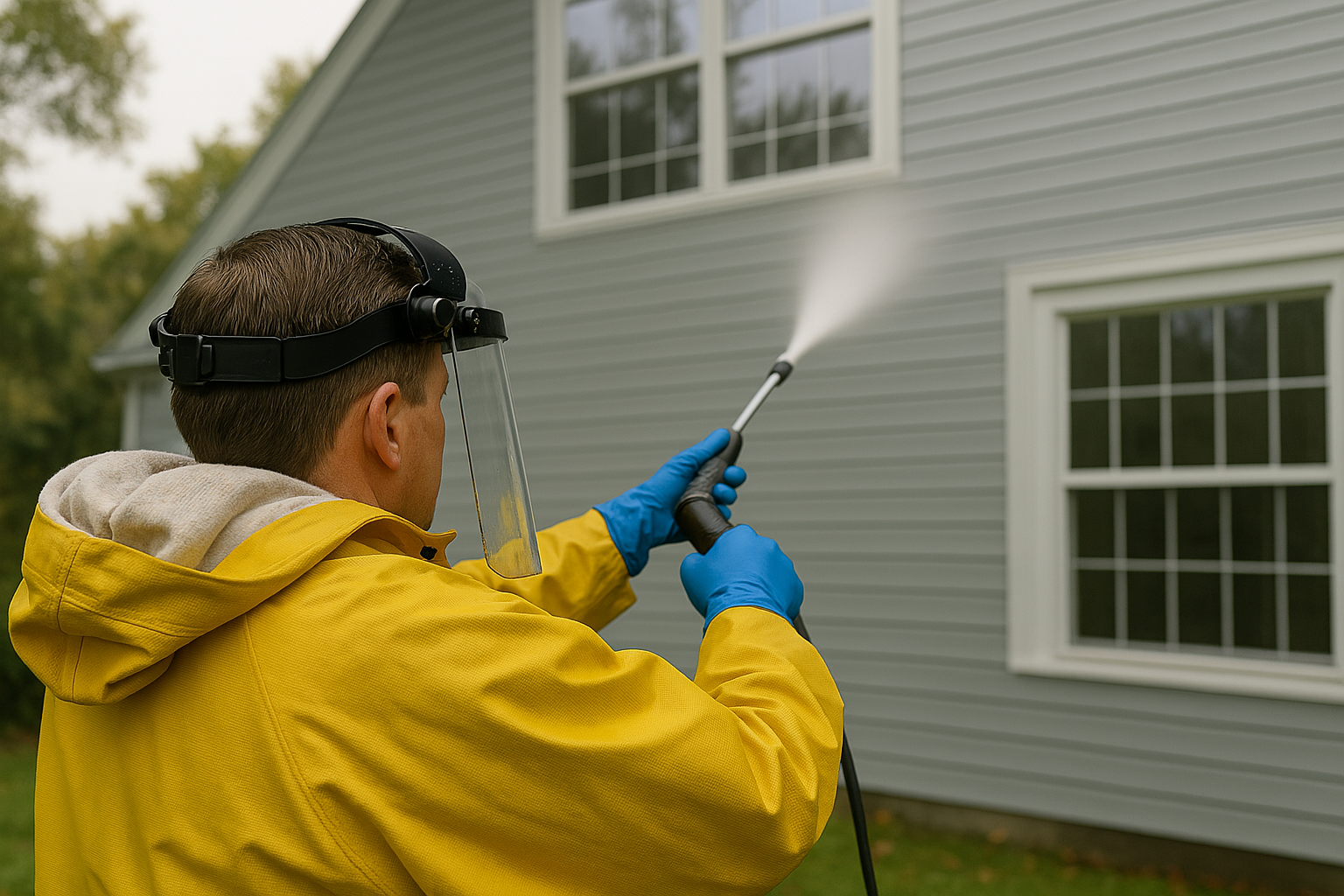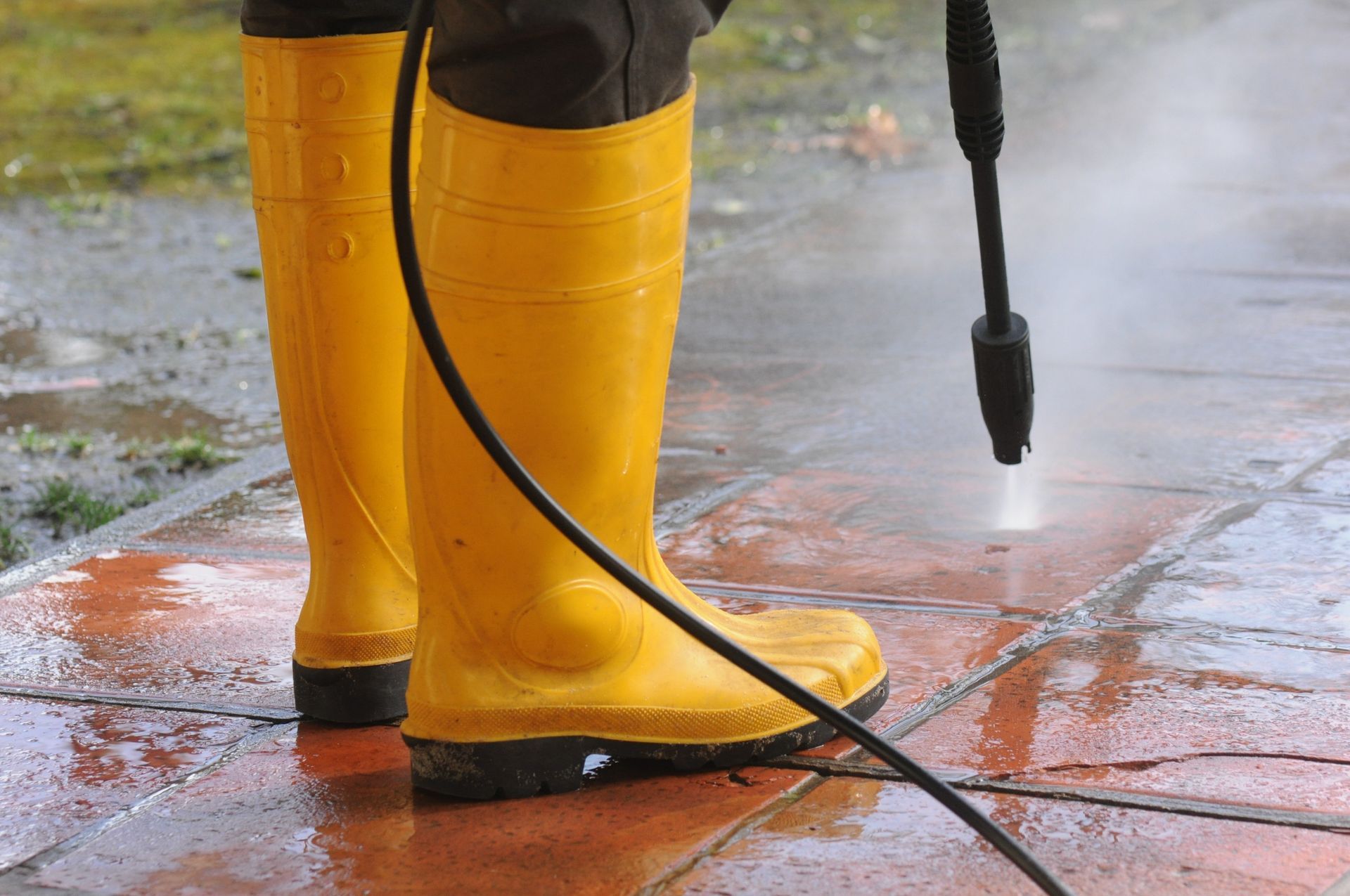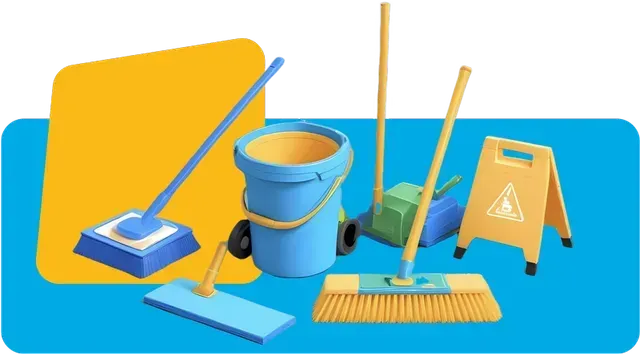Why Bond Cleaning in Australia is Different (And How We Can Help!)

In Australia, moving out of a rental property comes with its own set of challenges, and one such challenge is cleaning.
Landlords and property managers strictly adhere to cleaning standards and find reasons for bond deductions. Hence, to secure a full bond, tenants have to ensure that the condition of the property is well-maintained throughout the tenancy.
Regular cleaning and sanitising of the property play an important role in this upkeep since the final condition at the end of the lease is what determines the refund.
This is where bond cleaning comes in, as it honours the terms of a lease agreement.
While regular cleaning focuses on day-to-day maintenance, bond cleaning involves a thorough deep cleaning service, that is specifically designed to meet high standards set by property managers.
In this article, we will discuss the specific needs and legalities of bond cleaning in Australia.
What Is Bond Cleaning?

Bond cleaning, also known as end-of-lease cleaning, is a professional cleaning service performed before vacating a rental property. It goes beyond routine cleaning and addresses every little detail with the ultimate goal of bringing the property into the same condition it was when the tenants moved in.
It involves removing any dirt, damage, or wear and tear that may have occurred during the tenancy.
The detailed checklist of bond cleaning may vary depending on the region and the rental agreements, but generally, it involves the following:
- Kitchen Cleaning
- Bathroom Cleaning
- Floor Cleaning
- Carpet Cleaning
- Dusting and Wiping
- Wall and Ceiling Cleaning
- Outdoor Cleaning
Bond cleaning is typically required by the landlords, and so, failure to meet cleanliness standards, outlined in rental agreements, can result in deductions from security deposits.
What Makes Bond Cleaning in Australia Different?
With high expectations and detailed inspections, bond cleaning in Australia demands precision, expertise, and a thorough understanding of tenancy agreements.
Here’s what makes it different:
1. Legally Mandated Standards in Bond Cleaning
In Australia, bond cleaning is not just a standard practice but a legal obligation enforced by tenancy laws in every state and territory.
These laws outline the responsibilities of tenants, including maintaining the rental property in a clean and well-kept condition similar to how it was at the beginning of the lease, allowing for reasonable wear and tear.
If these cleaning standards are not met, landlords or property managers may deduct part or all of the rental bond after conducting a final inspection and completing a condition report.
The key tenancy laws governing bond cleaning across Australia include:
- New South Wales: Residential Tenancies Act 2010
- Victoria: Residential Tenancies Act 1997
- Queensland: Residential Tenancies and Rooming Accommodation Act 2008
- South Australia: Residential Tenancies Act 1995
- Western Australia: Residential Tenancies Act 1987
- Northern Territory: Residential Tenancies Act 1999
- Australian Capital Territory: Residential Tenancies Act 1997
- Tasmania:
Residential Tenancy Act 1997
2. High Standards of Cleanliness
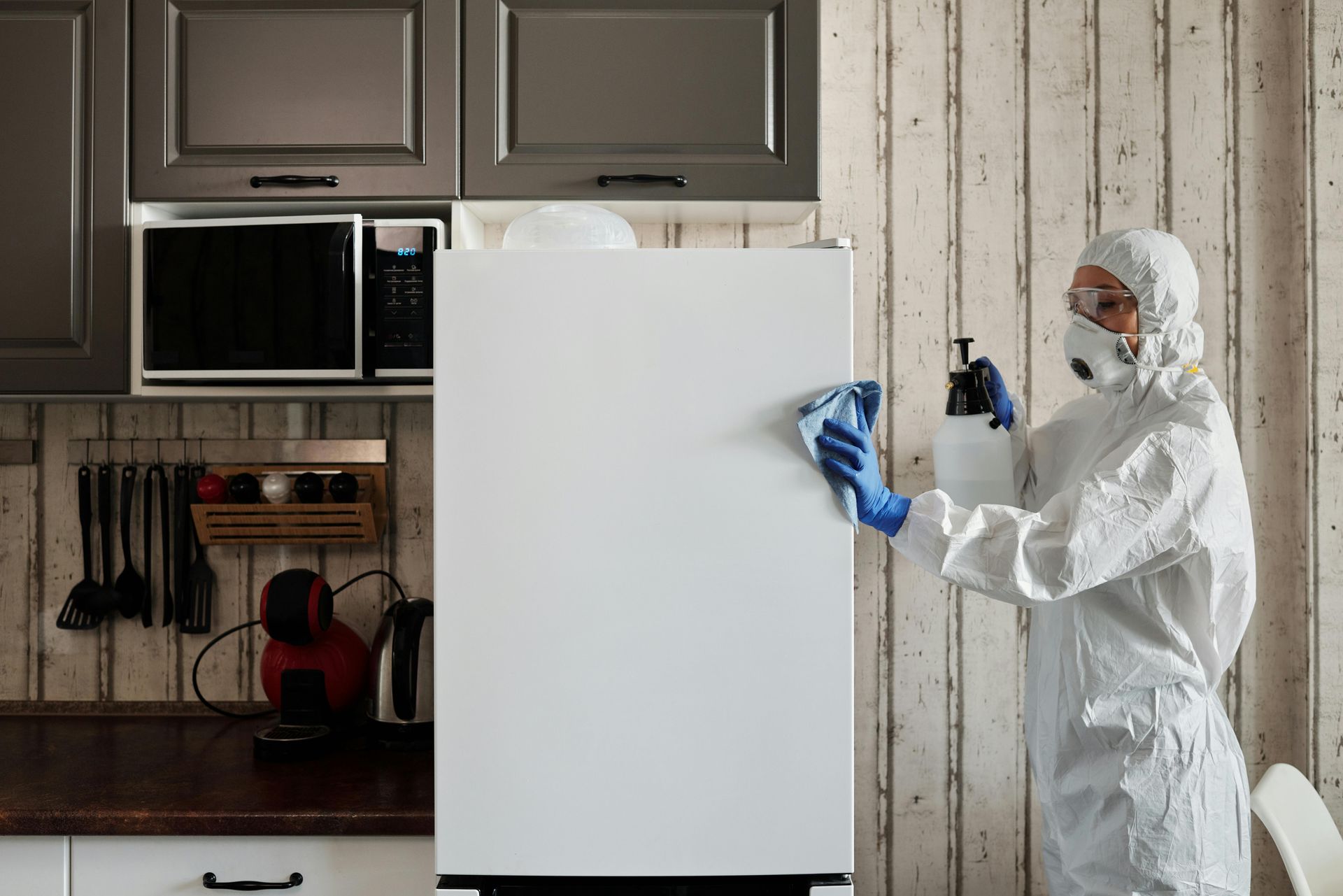
In many countries, such as Germany or Canada, cleaning standards at the end of tenancy are relatively relaxed. A simple surface-level cleaning is sufficient to get the full security deposit refund.
However, Australia sets the bar significantly higher.
Here, bond cleaning is known for its particularly high and detailed standards.
Property managers expect a thorough, top-to-bottom cleaning to ensure that the property is left in good condition for new tenants.
3. Unique Requirements
Australian bond cleaning often involves unique requirements to which tenants must adhere. These requirements make bond cleaning much more complex than in any other region.
One such requirement is the steam cleaning of carpets, which is common in most Australian states. Many lease agreements specifically involve that the carpets must be professionally cleaned, especially if the tenants have pets or if the carpet seems dirty.
Not only that, pest control treatment may also included in some rental agreements, specifically if the property is in a region that is more prone to pests and infestations.
4. Attention to Detail
In Australia, landlords and property managers approach inspections seriously, making the process particularly challenging for tenants.
Their attention to detail means no area is overlooked.
Property managers inspect every aspect of the property using a checklist—from bathroom and kitchen floors to light fixtures and outdoor areas. Even minor issues such as small stains on the wall, or dust particles in hard-to-reach corners, can result in deductions from the bond.
Regional Factors Influencing Bond Cleaning
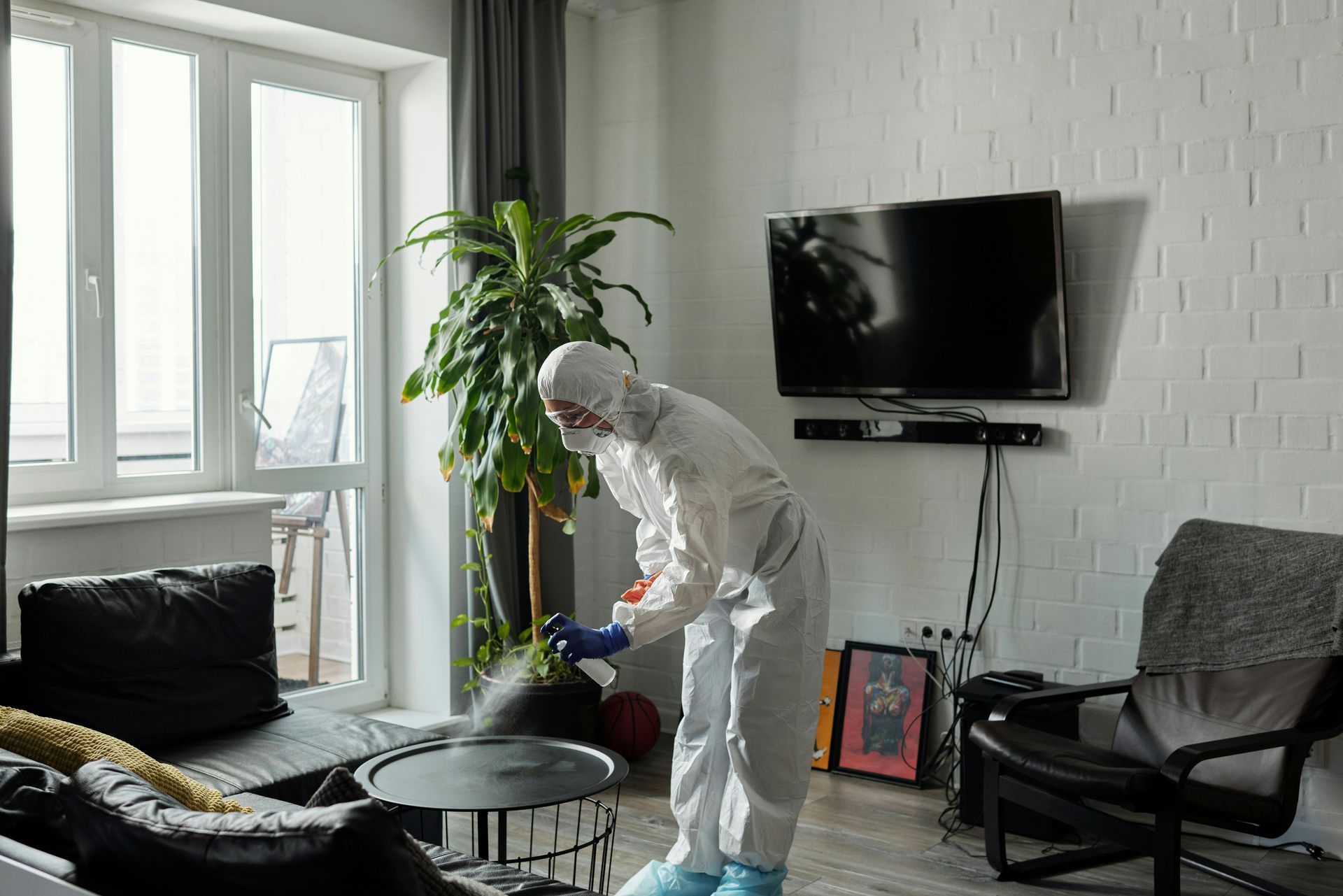
In addition to legal and procedural requirements, regional factors also influence challenges for bond cleaning. This is because properties in different regions often require specialised cleaning methods.
For instance, in coastal and tropical areas (humid regions), mould growth can be a significant point of concern making it essential to use mould-specific cleaning.
Similarly, properties in arid regions experience dust and dryness, resulting in a buildup of fine particles on surfaces, in vents, and in hard-to-reach areas. Thus, may require different cleaning requirements.
Professional bond cleaning services are crucial to tackle all legal requirements and meet the strict standards set by landlords and property managers.
Why DIY Cleaning Is Not the Best Option?
While DIY bond cleaning might seem like an easy way to save some money, it isn’t a suitable option if you want to get a full bond refund.
Let’s discuss in detail why DIY cleaning might not be a good option for you!
1. Lack of Professional-Grade Equipment
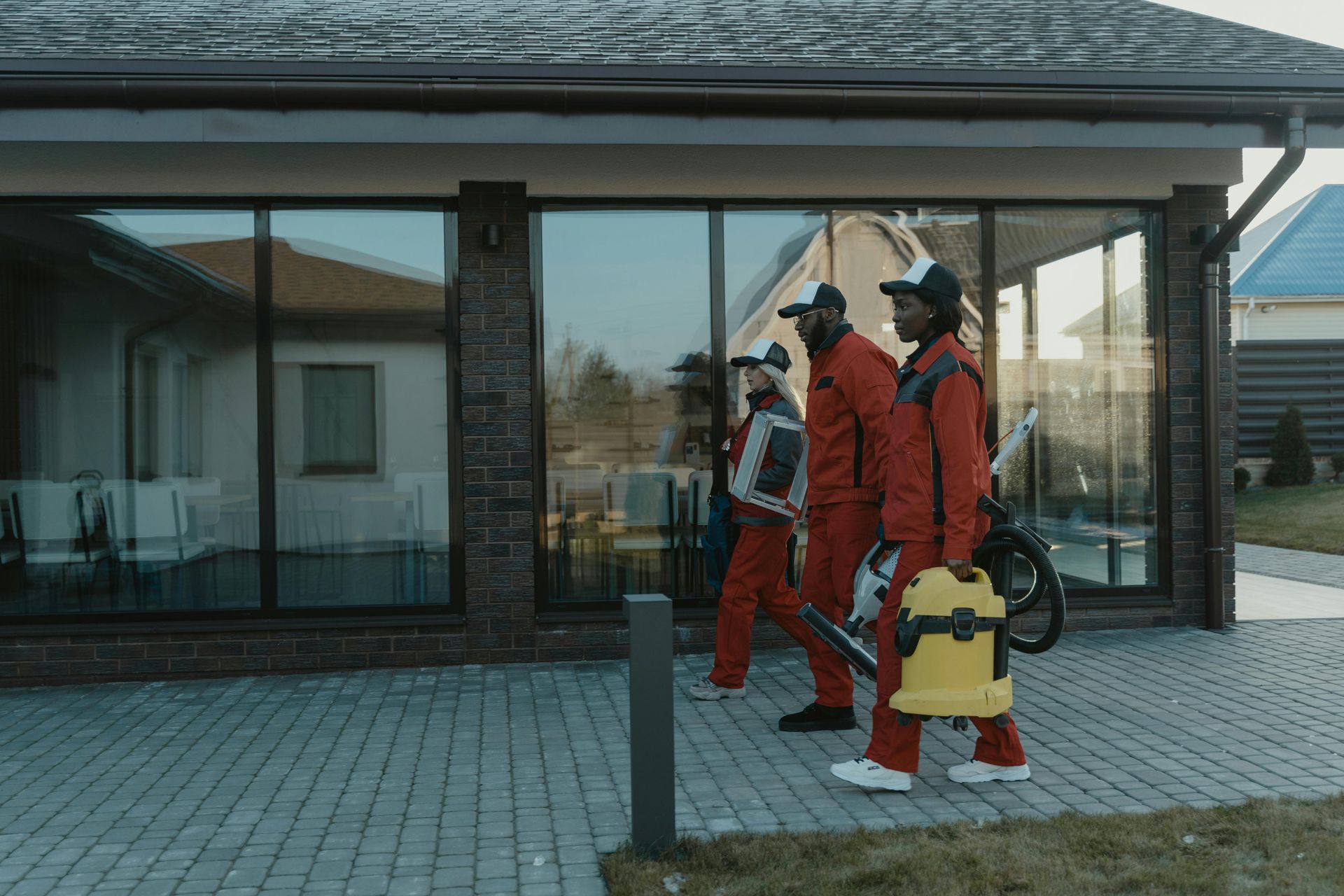
The number one reason why DIY cleaning is not best for you is because of the absence of professional-grade equipment.
Bond cleaning requires specific tools, such as industrial-strength carpet steam cleaners, vacuums, polishers & burnishers, floor sanders, specialised window cleaning tools, and scrubbers for stains, etc.
Without these professional tools, you have to struggle a lot, and still, you might fail to achieve the same level of cleanliness.
This leads to unsatisfactory results and ultimately deductions in security deposits.
2. Risk of Missing Crucial Details Leading to Disputes
Bond cleaning requires deep attention to detail because property managers often rely on a checklist to evaluate the cleanliness.
DIY cleaning can easily overlook important tasks like properly cleaning windows, baseboards, light fixtures, or appliances, which are important areas of inspection.
Inside cabinets and drawers also require thorough inspection for crumbs or stains.
Light fittings are another neglected area.
Missing these areas can result in disputes between tenants and landlords.
3. Time and Effort Vs. Professional Efficiency

When it comes to bond cleaning, the time and effort required for the DIY approach can be overwhelming, especially when tenants are occupied with other tasks or have not been regularly cleaning the property beforehand.
As bond cleaning demands thorough attention to every area of the property and because tenants have limited time to manage all the chores, professional cleaning service brings efficiency.
Professionals are usually aware of cleaning checklists and know how to meet the standards set by the landlords.
4. Cost of Re-cleaning After Failure
The hidden cost of DIY cleaning is the possibility of failing the final inspection.
If the property manager finds an area that does not meet the required cleanliness standards, tenants may ask to hire a professional cleaning service to address the issue. These re-cleaning expenses can exceed the initial cost of hiring professional bond cleaning services.
In some cases, the cleaning deficiencies might also lead to disputes, hence, further complicating the situation.
All in all, it is always a better idea to choose a professional cleaning service instead of putting a lot of effort just to get minimal results.
Summing Up
Bond cleaning is a professional cleaning service, performed at the end of the tenancy to get the bond refund. It goes beyond regular cleaning and addresses every minor detail to bring the property back to its original condition.
But in Australia, bond cleaning is different because of its very high standards. Therefore, during final inspections landlords and property managers do a detailed inspection of the property.
It means that even if a minor issue is seen, there can be a significant deduction from the bond. Not only that, but several regional factors in Australia also make bond cleaning challenging and so require someone with expertise.
If you are thinking about DIY cleaning, it might not prove beneficial for you. That is why, we recommend you to go for a professional bond cleaning service to achieve the best results possible.
Stay safe, stay Klean!
